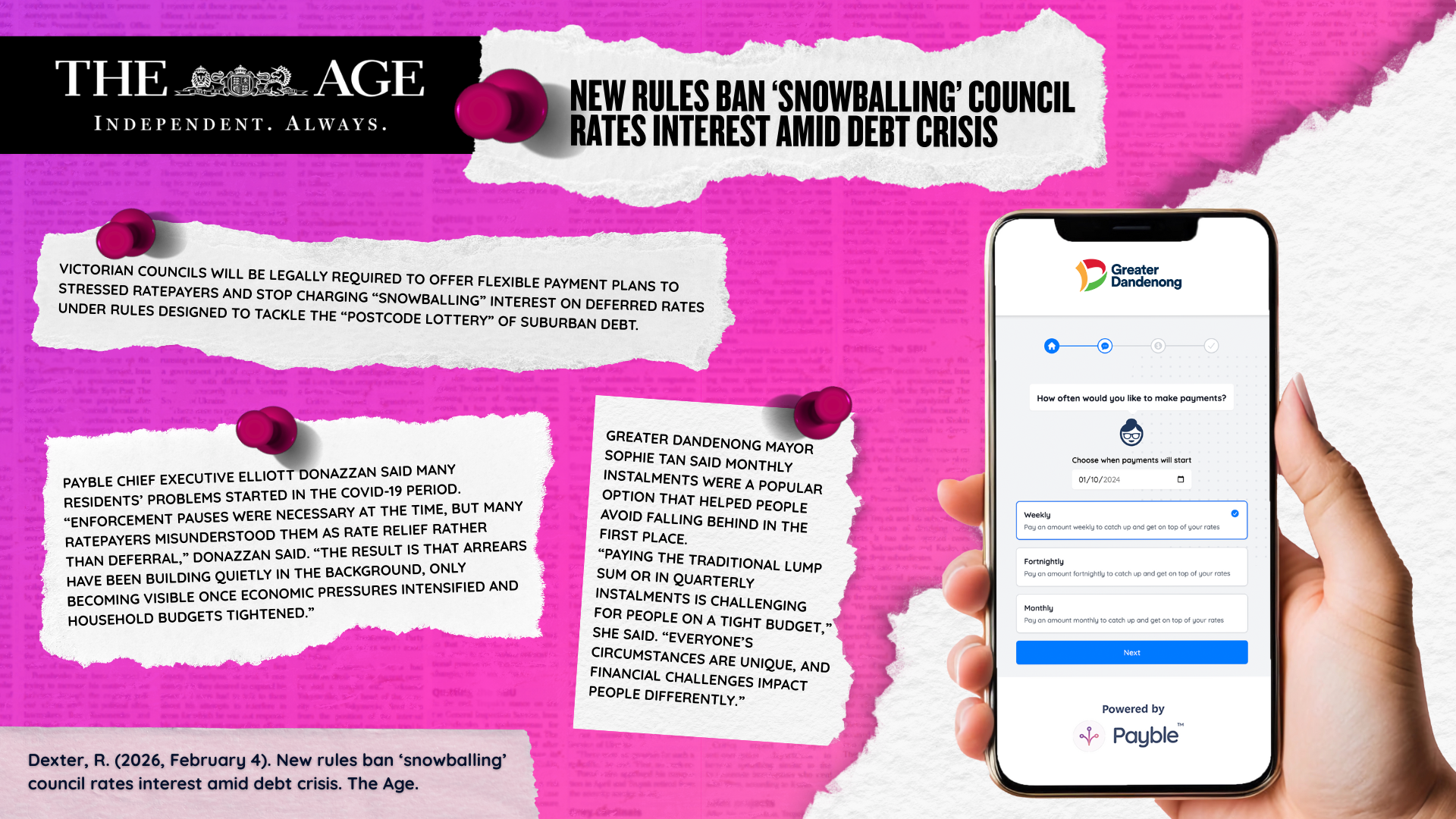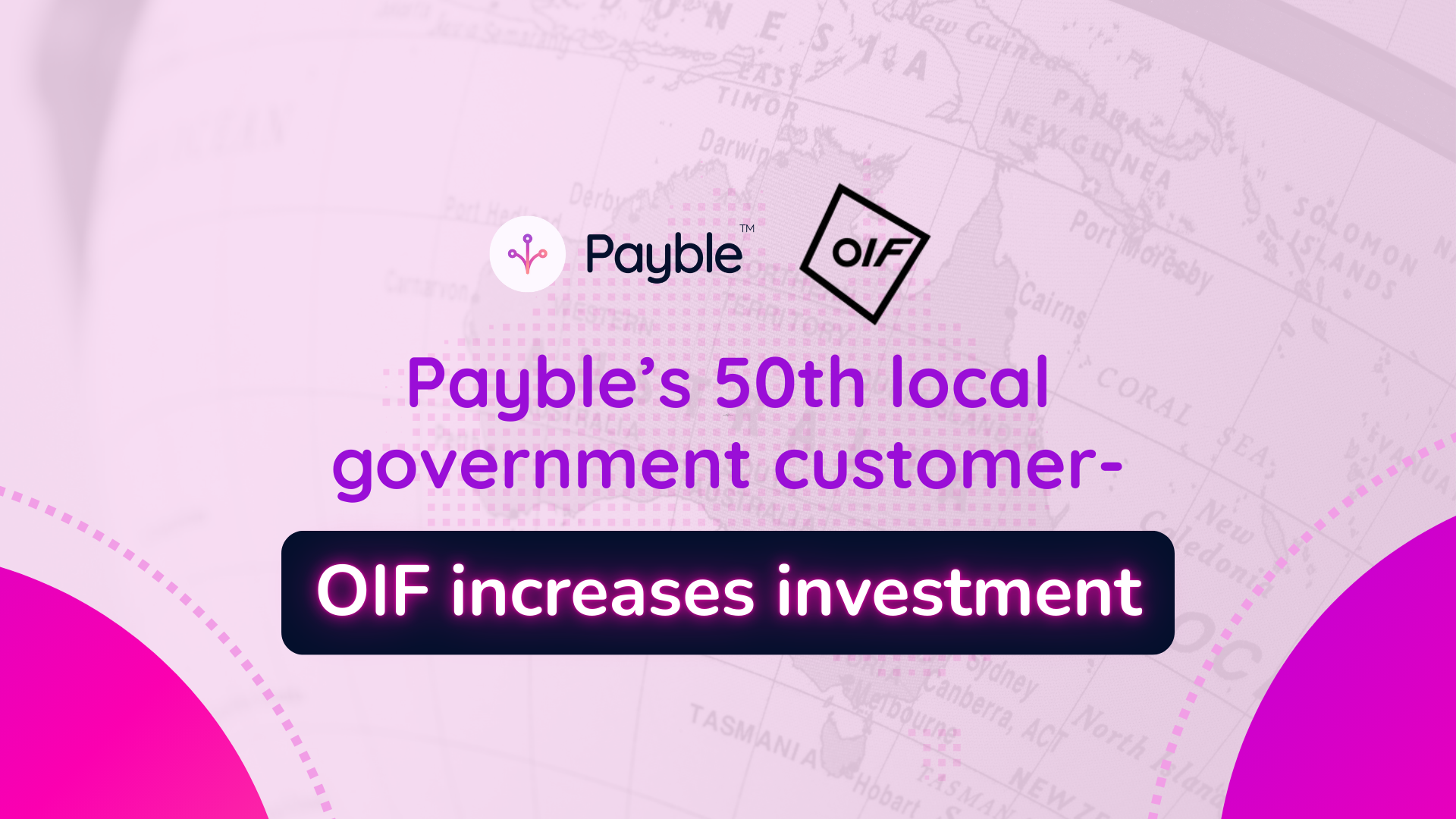ASIC Research Shows Australians are Too Ashamed To Apply For Financial Hardship Assistance
What do people do when they’re finding it financially difficult? When they can’t pay for things like cat food and snacks? When they’re having to scrounge around for petrol money to get to work? Or they just can’t see a way to pay their council rates?
New research by ASIC's Moneysmart reveals that many of them don’t take what seems like a logical step: contact their lenders to apply for financial hardship assistance.
47% of Australians with debt have struggled to make repayments in the last 12 months. This equates to about 5.8 million people. However, the research found that 42% of Australians would rather sell their belongings, and 40% would prefer to get a second job before applying for financial hardship assistance.
.jpg)
The barriers to asking
Some of the reasons why people don’t want to apply for assistance are practical.
- 37% of people are not aware that there are programs available to help them during times of financial hardship.
- 33% are unsure about where to seek assistance.
- 31% don’t know which sources of help they can trust.
Others are worried about:
- The impact on their credit scores (32%)
- That applying for assistance will cost them more in the long run (50%)
- Their lender not being very helpful (31%)
However, many of the reasons are based on emotion.
- 51% of people dealing with financial difficulties feel a high level of anxiety and stress, which can be paralysing.
- 40% are ashamed or embarrassed about their financial situation. They feel a sense of personal failure.
For example, a council might find that when ratepayers do not seek assistance, there is a significant increase in unpaid rates. This can lead to budget shortfalls, affecting the council's ability to fund essential services and infrastructure projects. By promoting awareness and accessibility of financial hardship programs, councils can not only support their residents but also ensure more stable revenue streams and healthier community finances.
The impact of not asking
Whatever the reason for not seeking assistance, the reality is that not applying for assistance can have a profound impact on singles and families. Almost everyone who experiences financial hardship deals with negative side effects such as high levels of stress or anxiety, loss of sleep, and a decline in physical health and/or appearance.
Moreover, the repercussions extend beyond individuals. Local councils face increased arrears when ratepayers do not seek assistance. This can strain council resources and affect the provision of community services and infrastructure. High arrears can lead to budget shortfalls, forcing councils to make tough decisions that could impact the entire community.
Making it easier to ask for help
As a response to this problem, ASIC is launching the "Just Ask! Hardship Help is Available" campaign to encourage Australians to reach out for financial assistance. This campaign aims to break down the stigma around asking for help and to inform people that it is their right to seek support.
What can councils do?
Councils can play a crucial role in easing the financial burden on ratepayers who are struggling by implementing effective and supportive measures such as:
- Offering payment flexibility: Allow ratepayers to choose their preferred payment schedules, such as weekly, fortnightly, or monthly, instead of the traditional quarterly installments. This flexibility helps ratepayers align their payments with their financial situations and salary schedules, making it easier to manage their finances without feeling overwhelmed.
- Integrating digital solutions: Use systems like Payble that integrate seamlessly with existing core systems (e.g., Pathway and BPOINT) to streamline the payment process. This integration reduces manual processing errors and saves significant time and resources, making the process more efficient and less stressful for ratepayers.
- Automating direct debit sign-ups: Transition from paper-based direct debit sign-ups to automated digital processes. This change not only saves data entry time but also encourages more ratepayers to sign up for direct debits, which lowers the cost of other payment methods. Automated sign-ups also reduce the hassle for ratepayers, making it easier for them to stay on top of their payments.
- Implementing self-service options: Provide mobile self-serve experiences where ratepayers can manage their payments, update personal details, and resolve missed payments independently. This feature reduces the number of calls and complaints to customer care and speeds up the processing times, empowering ratepayers to take control of their payments without feeling embarrassed or anxious.
- Sending automated reminders: Replace traditional payment reminder letters with automated SMS reminders. This approach reduces printing and postage costs, minimises dishonour fees, and ensures timely delivery of reminders. Automated reminders allow ratepayers to take proactive action, reducing the stress and anxiety associated with missing a payment.
By implementing these steps, councils can not only simplify the payment process but also address the emotional barriers that prevent ratepayers from seeking help. Offering flexible payment options, integrating digital solutions, and providing self-service tools can make a significant difference in reducing the shame and anxiety associated with financial difficulties.
Case study: City of Kingston
The City of Kingston implemented Payble Pro for Rates in July 2022, seeking to improve their payment efficiency and resident satisfaction. Before adopting Payble, the city relied on traditional payment methods, including once-off credit/debit card payments and paper direct debit sign-ups. These methods were not meeting the expectations of their customers, leading to inefficiencies and a higher rate of missed payments.
Recognising the need for improvement, City of Kingston sought a solution that could provide greater payment flexibility, automate processes, and enhance the overall customer experience. Payble successfully integrated with Kingston's core systems, including Infor Pathway and BPOINT, allowing the city to streamline their payment processes and offer residents a more user-friendly experience.
The implementation of Payble has yielded significant benefits for the City of Kingston. One of the most notable outcomes is the surge in positive feedback from ratepayers, with over 1000 positive ratings and an impressive average rating of 4.8 out of 5.0. This high level of satisfaction underscores the effectiveness of Payble in meeting the needs of the community.
In terms of efficiency, Payble has made remarkable strides in payment processing. An impressive 86% of missed payments were automatically repaired, reducing the burden on both residents and administrative staff.
Additionally, the automation and streamlining of processes have saved the City of Kingston over 500 hours in manual payment processing and reconciliation. These time savings translate into more efficient operations and the ability to allocate resources to other critical areas.
See how Payble can help your council
Financial hardship can create immense stress and shame for ratepayers, often leading them to avoid seeking assistance. Many prefer selling their belongings or getting a second job over applying for financial help due to anxiety, embarrassment, and a lack of awareness about available programs. These emotional and practical barriers prevent people from taking the logical step of contacting their lenders for support.
Councils have a crucial role in easing this burden by implementing supportive measures that simplify the payment process and address emotional barriers. By offering flexible payment options, integrating digital solutions, automating direct debit sign-ups, providing self-service tools, and sending automated reminders, councils can make a significant difference.
Interested in learning how Payble can revolutionise your council's payment processes and improve resident satisfaction? Book a demo today to see Payble in action.




